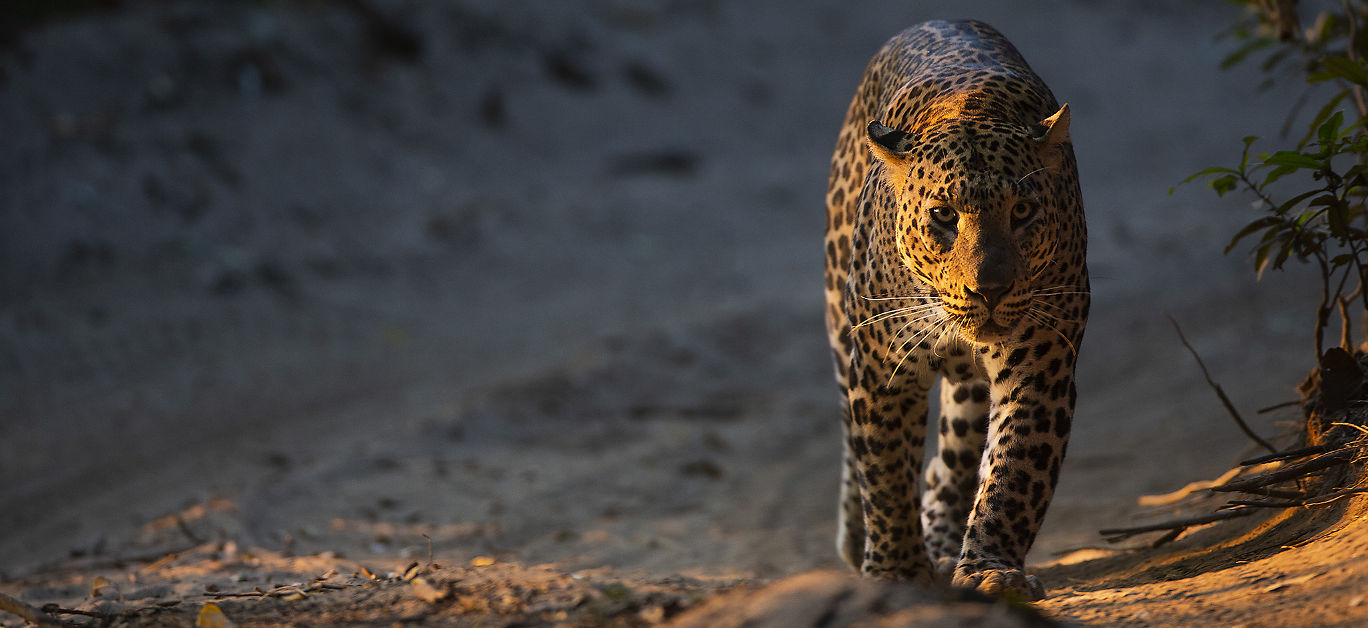Meet Jade Brudenell, an exceptional female leader with a profound expertise in guiding individuals to establish foundations dedicated to protecting areas they are passionate about through grassroots action. Amidst the worldwide call for sustainable solutions, Conservation Collective has risen as a pioneering force in environmental stewardship.
As we delve into our interview, Jade shares her insights into fostering meaningful change and the impactful initiatives driving Conservation Collective’s mission.
What is Conservation Collective, and what led to its creation?
Conservation Collective is a global network of local foundations funding grassroots conservation initiatives to protect the environment, restore nature and safeguard against climate change.
We build clubs of donors connected to the places they cherish deeply, establishing new funding channels for local nature restoration efforts. Recognising that people are inherently ‘place-based,’ we tap into their motivation to protect the places we know and love.
Conservation Collective’s model was born in 2008 when lifelong nature lover, Ben Goldsmith, and a group of friends launched the IbizaPreservation. United by their love for the island and concerns about its unsustainable growth, they formed a club of donors committing to annual contributions. These donations were directed to local groups operating on modest budgets, striving to protect and restore the island’s precious natural resources.
Following the success of IbizaPreservation, the new model was replicated in other locations around the world, providing world-class oversight, management, and support to new local foundations so that they could fund grassroots projects and deliver real impact.
In 2020, Conservation Collective established itself as a charity in the UK, consolidating its role as the central hub for a new global conservation movement. Since then, our network has doubled, and we now have 21 locally based foundations in 12 countries across four continents.
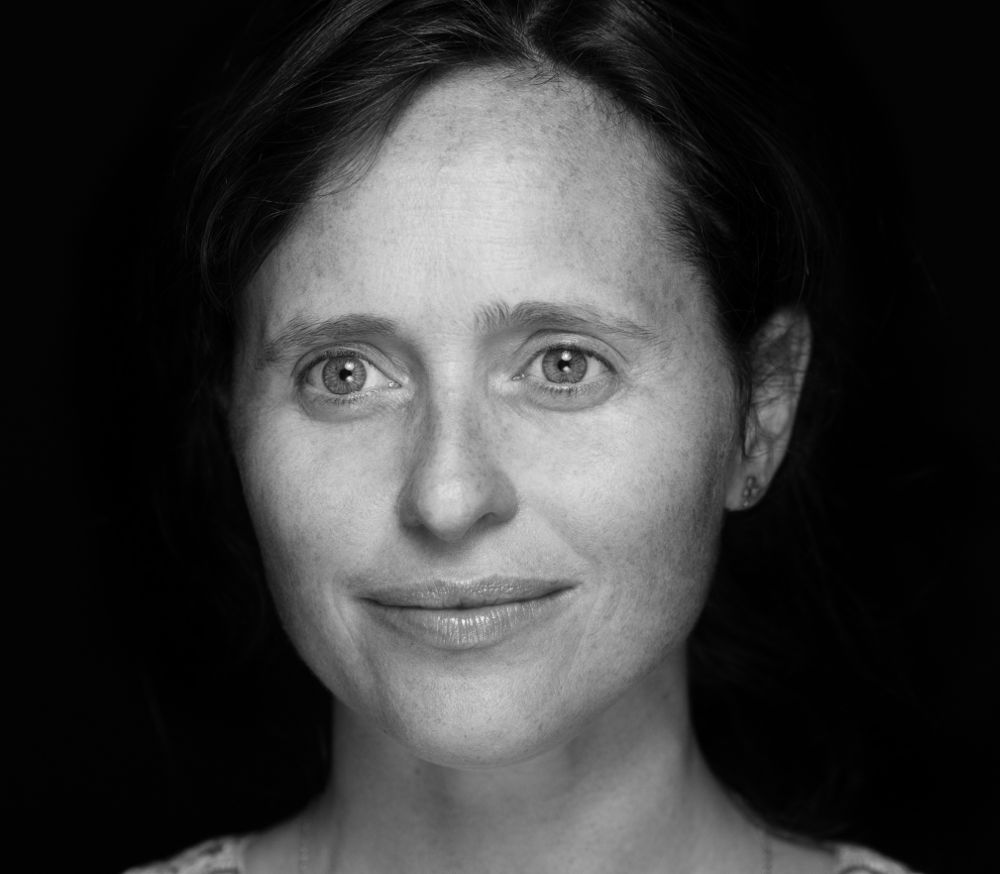
What is an achievement conservation collective are particularly proud of, since it was founded in 2020?
We take pride in our rapid growth. In 2022, we raised over £4 million, a 45 per cent increase from the previous year, with a forecasted total of over £11 million by 2023. Playing a role in diverting philanthropy toward environmental causes, we’ve garnered support, including from Coldplay. Backing from them and a host of other donors enabled our Devon Environment Foundation to seed local and impactful nature-based solutions.
With a variety of foundations in action, can you provide an example of where positive change is already noticeable?
Numerous projects showcase positive change. For instance, the Highlands and Islands Environment Foundation is making a remarkable impact by funding the cultivation of 100,000 native oysters, rejuvenating the damaged coastal bed. On a different front, the Lanka Environment Fund is utilising leopards as an umbrella species, successfully establishing three wildlife corridors within just two years.
Turning our attention to marine conservation, Mallorca Preservation is addressing the decline in shark populations due to bycatch. Their initiative involves funding the captive breeding and release of nurse hound sharks, with an impressive 80 individuals released to date.
In the realm of plastic reduction, the Plastic Free Balearics Certification is making significant strides. Presently, 67 businesses in the Balearic Islands have been certified, collectively eliminating an impressive 16,000 kg of plastic.
Lastly, the Kiunga Marine Reserve Clean Up in Lamu, Kenya, is not only addressing waste, but also empowering the community. With over 5,000 kg of litter picked up since June 2023, this initiative is creating income-generating opportunities through recycling and upcycling. Notably, the clean-ups have led to a twofold increase in the number of turtle nests recorded last year compared to the previous year.
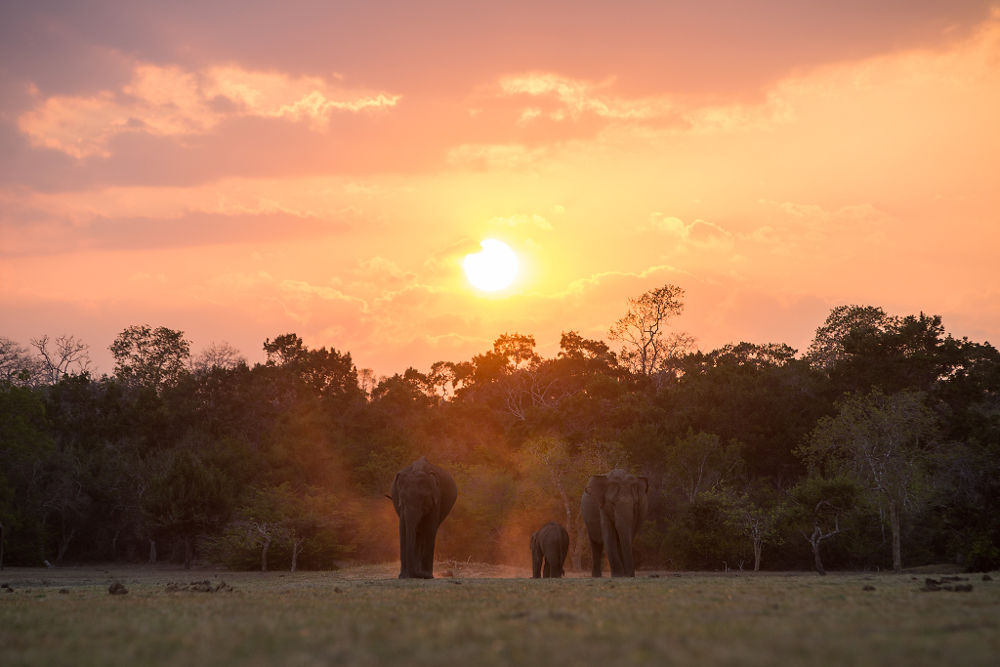
What does Conservation Collective see as the most efficient method for catalysing global change?
We believe in increasing funding and support for grassroots groups. Empowering local NGOs with funding, energy, and connections allows them to make lasting changes. Local communities understand their context and can live in harmony with nature when given the means to do so.
What changes do you hope to see through these local projects?
We aim to bring about positive changes through our local projects, focusing on both environmental conservation and improving local livelihoods. This is especially crucial in areas heavily dependent on tourism income. We facilitate alternative livelihoods through targeted training programmes. Examples include training local nature and rewilding guides in Sicily, enabling fishermen in the Cyclades to offer guided fishing trips for tourists, and educating communities in Lamu to produce honey sustainably within the mangroves.
Our goal is to witness the rebound of species once threatened by human activities. Notably, the Mediterranean monk seal has been upgraded from ‘endangered’ to ‘vulnerable’ on the Red List of Threatened Species by the IUCN, indicating the success of our ongoing efforts. The Cyclades Preservation Fund and Ionian Environment Foundation have played a key role by supporting initiatives such as habitat mapping and raising awareness among boat users about the caves crucial for seal mothers and pups.
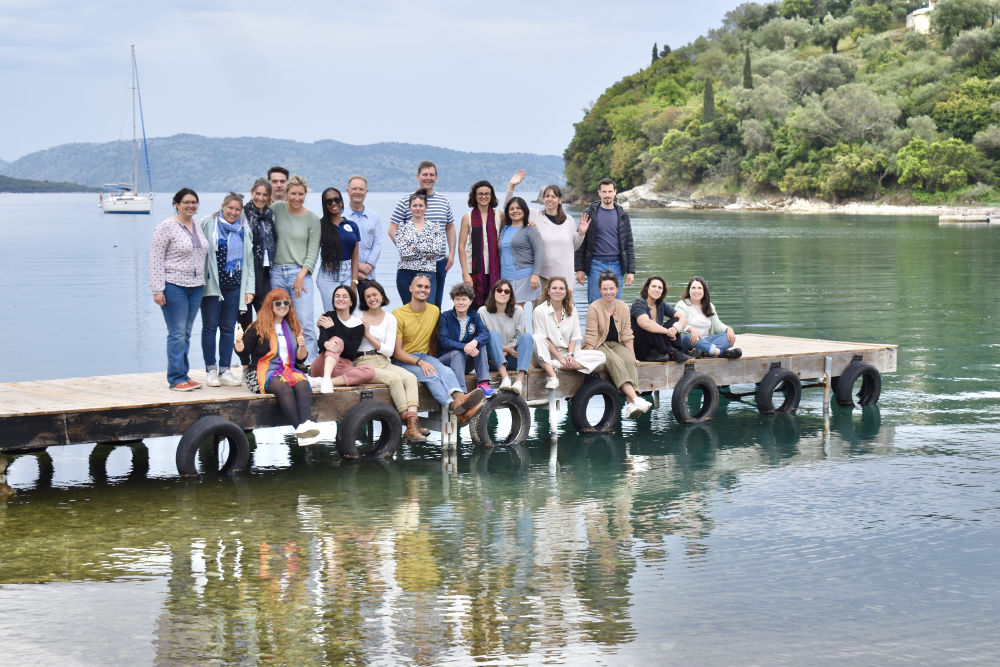
Conservation Collective stands out by placing a strong emphasis on community involvement. Why is this aspect of prioritising community connections particularly significant?
Conservation Collective’s locally based foundations, led by experienced teams, actively secure funding to empower communities in spearheading conservation projects. Our guiding principle is to act locally but think globally.
We recognise the invaluable contribution of local, traditional knowledge, especially from indigenous communities, in addressing environmental challenges. In Turkey, our efforts focus on extracting cultural and historical insights from fishing communities. This initiative aims to sustainably feed local populations while striking a balance in ecosystems, allowing biodiversity to thrive in coastal communities, wetlands, and in-shore islets.
It is crucial to acknowledge that saving our overexploited oceans and restoring marine biodiversity requires well-managed marine protected areas. Despite the global commitment to cover 30 per cent by 2030, less than eight per cent currently has any protection. Alarmingly, less than three per cent falls under the highest tier of protection, where fishing or boats are not allowed.
Our experience has shown that locally developed projects consider and prioritise local interests. Top-down policies often face challenges in enforcement. For example, a law banning single-use plastics across the Balearics is far from effective, evident when visiting most beach bars in the area.
The Cyclades Preservation Fund has played a crucial intermediary role between fishing groups and government bodies, fostering consensus and commissioning necessary research. The aim is to create an official designation of a protected area around the island of Amorgos. These solutions are poised for success as they are built by local communities, where fishers voluntarily refrain from fishing during months crucial for vulnerable commercial species spawning and turn their focus to collecting marine litter. This collective action, coupled with well-thought-out policies, holds the potential to be a sustainable solution.
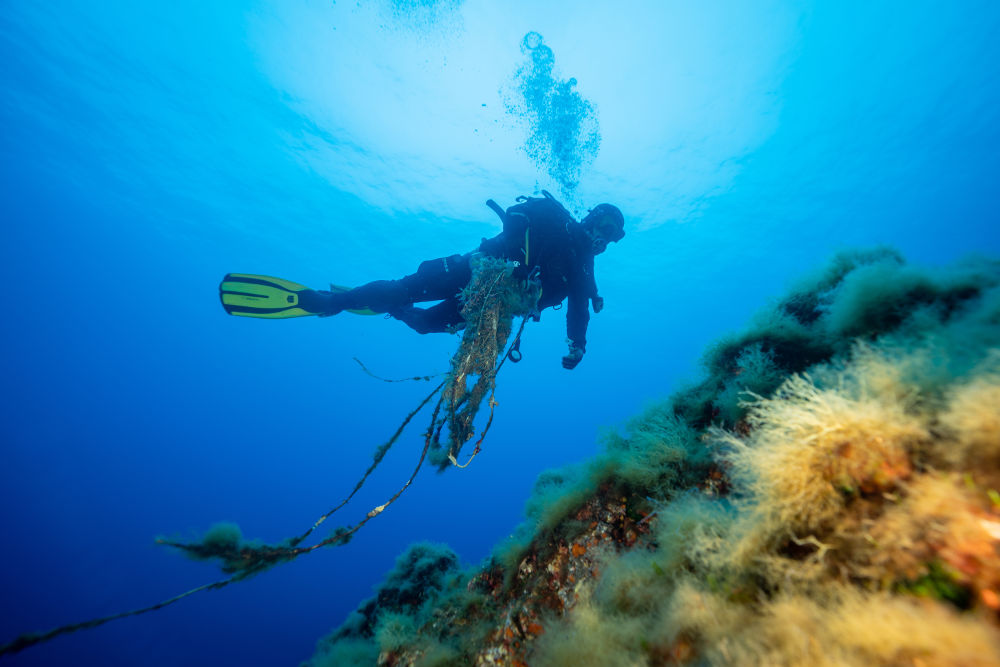
Can you share some insights into how high net worth individuals can make a positive impact in regions they hold dear or frequently visit through initiatives like Conservation Collective?
For high-net-worth-individuals interested in making a positive impact in regions they cherish, initiatives like Conservation Collective offer meaningful opportunities. Founding members and Steering Committees form the backbone of each foundation, enabling donors to actively select projects, guide strategy, and contribute to fundraising efforts. Joining these ‘clubs’ provides a rewarding way to give back to places with personal significance, be it a hometown, a business location, or a favourite holiday destination. Contributions, introductions, or support in various forms make a significant difference. Even small gestures go a long way.
Will you continue to expand your global efforts? How can we, as travellers, support Conservation Collective?
Absolutely! Wherever we find donors ready to protect their patch, we’ll provide them with the toolkit and collaborate to make it happen. Our goal is to establish two to three new foundations per year, and the pipeline is expanding to include Bali, Mauritius, Bristol, and the Cotswolds. The strength of the Conservation Collective global network lies in our ability to replicate our model in new locations, efficiently raise funding, and share knowledge and expertise across the network.
If you are interested in helping these amazing projects, you can donate to Conservation Collective, or your preferred local foundation here.












